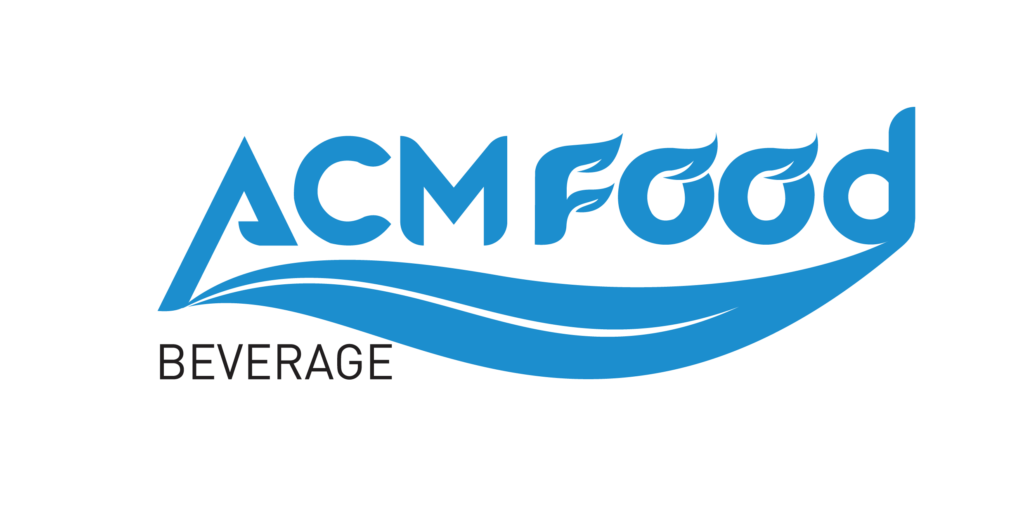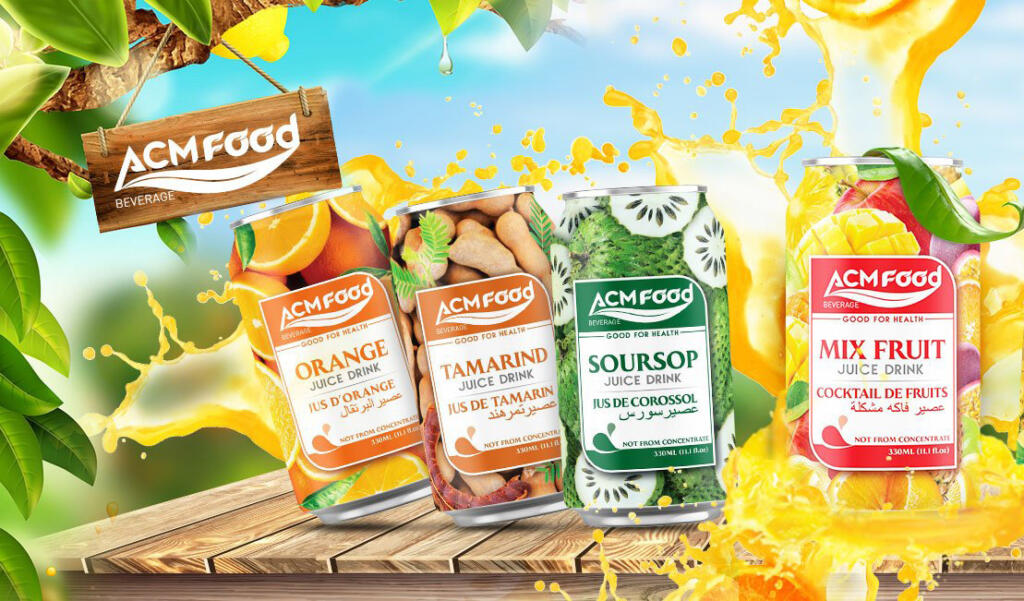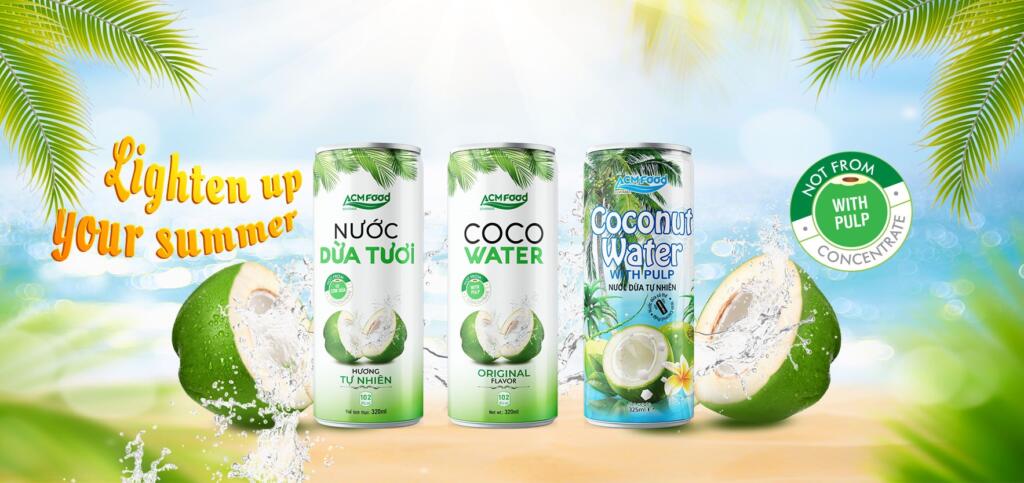In the ever-growing beverage aisle, fruit juices have emerged as a popular choice for their perceived health benefits and refreshing flavors. However, the vast array of options and labeling can leave consumers bewildered. This comprehensive guide aims to unravel the differences between 100% juice, fruit juice not from concentrate, and fruit juice concentrate, empowering you to make informed choices about your fruit juice consumption.
Contents
What’s the Difference Between 100% Juice, Fruit Juice Not From Concentrate, and a Fruit Juice Concentrate?
Fruit juice has become a staple in many households, with its convenience and perceived health benefits. But with so many options available, it can be challenging to understand the differences between them. In this section, we will break down the distinctions between 100% juice, fruit juice not from concentrate (NFC), and fruit juice concentrate.
100% Juice: The Undiluted Essence
100% juice is the purest form of fruit juice as it contains nothing but the juice squeezed from fruits. No water, sweeteners, or flavorings are added during production. The label 100% juice is strictly regulated to ensure that the product is unadulterated. This means that when you see the label “100% juice,” you can be confident that you are getting the real deal.
One of the main advantages of 100% juice is that it offers a concentrated dose of essential vitamins, minerals, and antioxidants that are beneficial for overall health. These nutrients are naturally found in fruits and are preserved in the juice-making process. This makes 100% juice the closest thing to consuming fresh fruits in liquid form.
To ensure that you are getting 100% juice, look for it on the front panel of the label. Some manufacturers may try to mislead consumers by using terms like “made with real fruit juice” or “contains real fruit juice,” which may not necessarily mean that the product is 100% juice. Always check the ingredients list to confirm.
Tropical Fruit Juice: A Delicious and Nutritious Option
Tropical fruits, such as mangoes, pineapples, and passion fruit, are popular choices for making 100% juice. These fruits are known for their unique flavors and high nutrient content. For example, mangoes are rich in vitamin C, while pineapples contain bromelain, an enzyme that aids digestion.
![]()
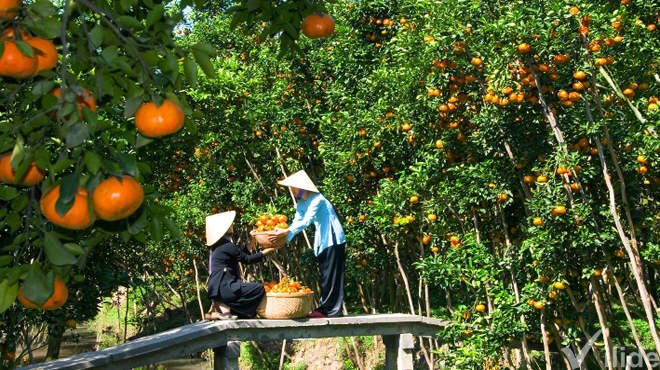
In Vietnam, Ben Tre region and the Mekong Delta provinces are famous for tropical fruits as coconut tree, making it a hub for tropical fruit juice production. The region’s favorable climate and fertile soil make it ideal for growing a variety of fruits, including coconuts, mangoes, and dragon fruit. Many beverage factories in Bentre specialize in producing 100% tropical fruit juices, which are then supplied to wholesale retailers and oem fruit juice suppliers.
coconut water: A Refreshing and Hydrating Choice
Coconut water has gained popularity in recent years for its refreshing taste and numerous health benefits. It is the clear liquid found inside young coconuts and is naturally low in calories and high in electrolytes. This makes it a great choice for rehydrating after a workout or on a hot day.
![]()
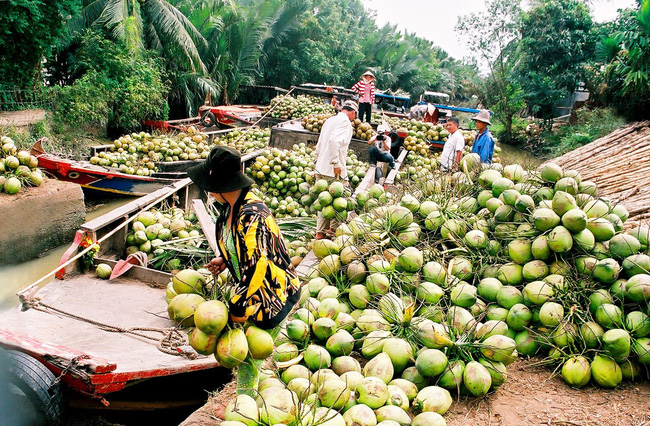
Bentre coconut water is sourced directly from local farmers and used to make 100% coconut water or blended with other tropical fruits to create unique flavor combinations. Some manufacturers also offer aloe vera juice mixed with coconut water, which is believed to have additional health benefits.
Fruit Juice Not From Concentrate: The Middle Ground
Fruit juice not from concentrate (NFC) undergoes a different production process compared to 100% juice. While NFC juices are made from real fruits, the extracted juice is partially concentrated by removing some water. This concentration process reduces the volume of juice, making it easier for transportation and storage.
NFC juices are still considered a healthier option compared to other fruit drinks as they do not contain added sugars or artificial flavors. However, they may not have the same nutrient density as 100% juice since some of the water and nutrients are removed during the concentration process.
Vietnam Fruit: A Diverse Range of Flavors
Vietnam is known for its diverse range of fruits, including dragon fruit, pomelo, and starfruit. These fruits are used to make NFC juices, which are then exported to different countries. The NFC juice market in Vietnam is continuously growing, with more manufacturers investing in modern production facilities to meet the increasing demand.
OEM Fruit Juice: A Customizable Option

OEM (Original Equipment Manufacturer) fruit juice refers to juices that are produced by one company but marketed under another brand’s name. This allows retailers or distributors to customize their own brand of fruit juice without having to invest in production facilities. Many beverage factories in Bentre offer OEM fruit juice services, allowing businesses to create their unique blends and flavors.
Fruit Juice Concentrate: The Most Processed Option
Fruit juice concentrate is made by extracting the juice from fruits and then removing all the water through evaporation. This results in a highly concentrated form of juice that can be stored for longer periods and reconstituted with water before consumption. Fruit juice concentrate is often used in the production of other beverages, such as soda and energy drinks.
While fruit juice concentrate may still contain some nutrients, it is the most processed option out of the three. It also tends to have a higher sugar content due to the removal of water, making it less healthy than 100% juice or NFC juice.
beverage factory: Where It All Begins
A beverage factory is where all the magic happens. It is where fruits are sourced, processed, and turned into delicious juices. ACMFOOD are beverage factories that specialize in producing 100% juice, NFC juice. The factory use modern equipment and follow strict quality control measures to ensure that their products meet the highest standards.
Supplier and Wholesale Retailers: Connecting Manufacturers to Consumers
Suppliers and wholesale retailers play a crucial role in the fruit juice industry. They act as intermediaries between manufacturers and consumers, ensuring that products are readily available in the market. In Bentre, there are many suppliers and wholesale retailers that offer a wide range of fruit juices, including 100% juice, NFC juice, and fruit juice concentrate.
Conclusion
In conclusion, understanding the differences between 100% juice, fruit juice not from concentrate, and fruit juice concentrate can help you make informed choices about your fruit juice consumption. While all three options may have their benefits, 100% juice is the purest form of fruit juice and offers the most nutrients. When purchasing fruit juice, always check the label and ingredients list to ensure that you are getting the real deal. And next time you reach for a refreshing glass of fruit juice, you’ll know exactly ACMFOOD fruit juice.
